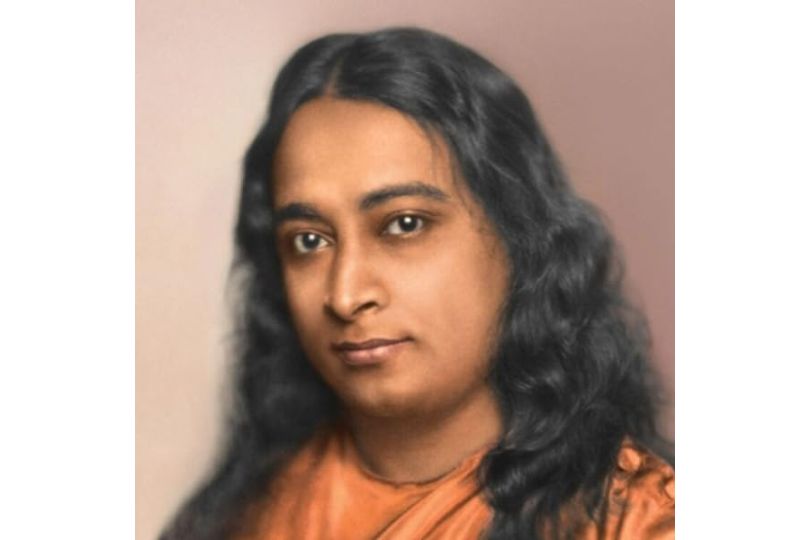Interview with Mohua Chinappa, Author of 'Nautanki Saala'
on Mar 28, 2022

Mohua Chinappa is a writer, voice-over artist and among the most sought-after podcasters in Bangalore. Mohua interviews artists, entrepreneurs, and individuals who are working to make their communities economically and socially stronger. Her popular blog MoodyMo emphasizes brands that endorse gender equality, nostalgia, arts and crafts of India, available on Apple, Google and Spotify. Over the past 15+ years, Mohua Chinappa has held leadership positions as a Public Relations/Corporate Communications specialist in top agencies, such as Brandcomm, HCL, ITC and Genesis PR.
1. Why did you choose the title “Nautanki Saala” for your book?
My book is a collection of 15 stories of men and women I have met since the 80s. One of the things common to their lives and experiences is that they choose to suppress their feelings and desires. Of all the protagonists, the bar dancer felt the most daring and bindaas. Men used to take her for granted, including her lover. So when she decided to own up, value herself and live the life she wanted to, she just says, ‘Nautanki Saala’ to this creep of a man, telling him to stop exploiting her for his physical gain. I felt that would resonate the most with readers!
2. Which is your favourite story in the book and why?
It is difficult to choose one because I care for all my protagonists. Rather, if you asked me to choose blindly, I would say that I love the story, Silence in The Valley of Death. I enjoyed writing this because it took me back to my childhood memories of Shillong, where I was raised during my formative years. It was a languid life with lots of time and the bounty of nature around me.
As I penned the story down, I travelled with the protagonist, Wajiri. I could vividly recall the Khasi women and the incessant rain of Shillong and the memories of the innumerable jilted women I had met. Although I was merely a child, I could sense their brokenness even then. The beautiful, strong women who had lost themselves and could not bear the heartbreak. The deep pain I saw in their eyes remains in my heart even today.
3. Does intimacy really affect a partner’s mental health? What kind of void does it create? This is in the context of Seema’s story, whereby she goes to the extent of committing suicide
Like any other women, especially married, Seema was seeking togetherness and bonding with her spouse. Unfortunately, intimacy between a married couple is taken for granted. It is something that helps strengthen the bond between a couple. However, intimacy is really misunderstood. Once you marry, for instance, the in laws expect the bride to have children and produce a grandson for them. The message a married woman receives is that her home is incomplete without children as soon as they become part of the family.
This pressure to procreate is immense on young woman. And it is not just in-laws but also her parents and relative that expect from her. Naturally, girls are stressed till they have children.
The other kind of intimacy, physical intimacy is seen as sinful, and not just in rural psyche but also urban mindsets.
Being naked with your partner is a bold step for the woman in cementing her place in the new home. Does your husband see you as desirable enough? That often becomes your value as an individual in married life. Did Seema not want to be pleasured? Her desire to become a mother and start a family, how much of it was social conditioning?
It is important to know that lack of sexual intimacy is one of the biggest reasons for marriages falling apart. Studies also reveal that sexual intimacy is one of the most primal needs in human beings. Denying this need can create a massive conflict, sadness and as seen in this story, an irreparable loss. In fact, according to a 2016 Delhi High Court ruling, denying sex to the spouse for a long time, without sufficient reason, amounts to mental cruelty and was also seen as ground for divorce.
4. Your stories unfold some of the major issues prevalent in society. For instance, chapter 6 talks about the taboo which prohibits lower-class women from having physical attraction or desires. What is your take on that?
The story you are referring to, So you mean everyone’s entitled to desire is about this ten-year-old girl who assumes others are less entitled to feeling attraction and later she feels really bad about it.
It is not just women from a certain stratum. Women are not allowed to either feel desire or be sexually vocal, and if they are, then they are taught to repress, not embrace such feelings. The onus of being on the right side of moral is primarily shared by women.
I have interacted with innumerable women from the lower class who have to hide their contraception pills from their husbands, simply because it hurts the male ego. The men, on the other hand, of course not all men, indulge freely in unprotected sex, leading to unwanted pregnancies and multiple health issues.
In such homes, desire isn’t even a topic of discussion. The woman is expected to be coy, not demanding and always willing to give in when her spouse desires her and give birth to children irrespective of the financial situation or her overall health.
5. Your book attempts to strengthen the feminist who hesitates in confiding. Please share some tips for the women in our society as well?
Everyone is stressed, not just women. It is relieving to talk and share, especially with your tribe, or your friends, whoever you are able to rely on. I strongly believe that it helps to be fearless in sharing personal concerns. For that, women must learn to own unapologetically, everything from our scars to our successes to our failings. Hence, each of us must take the first step in being honest to one another.
6. You have met women from diverse backgrounds who probably have inspired you to write their real stories. Please share your experience regarding the same?
I have always been fascinated with girls who work as beauticians in the major metros, including Delhi, Mumbai and Calcutta. Nobody realizes that they dared to travel from the north eastern parts of the country without knowing what to expect.
I equally admire the women street cleaners in my neighbourhood in Bengaluru. You can’t miss them with their neat hair, jasmine tucked under the ear, a green coat over the sari and glass bangles on their wrists. I admire their ability to look neat and clean despite the fact that their working environments are unclean and and nobody wants to even touch them. Isn’t that resilience?



.jpg)






.jpg)

.jpg)
.jpg)

.jpg)
.jpg)
.jpg)










Sorry! No comment found for this post.